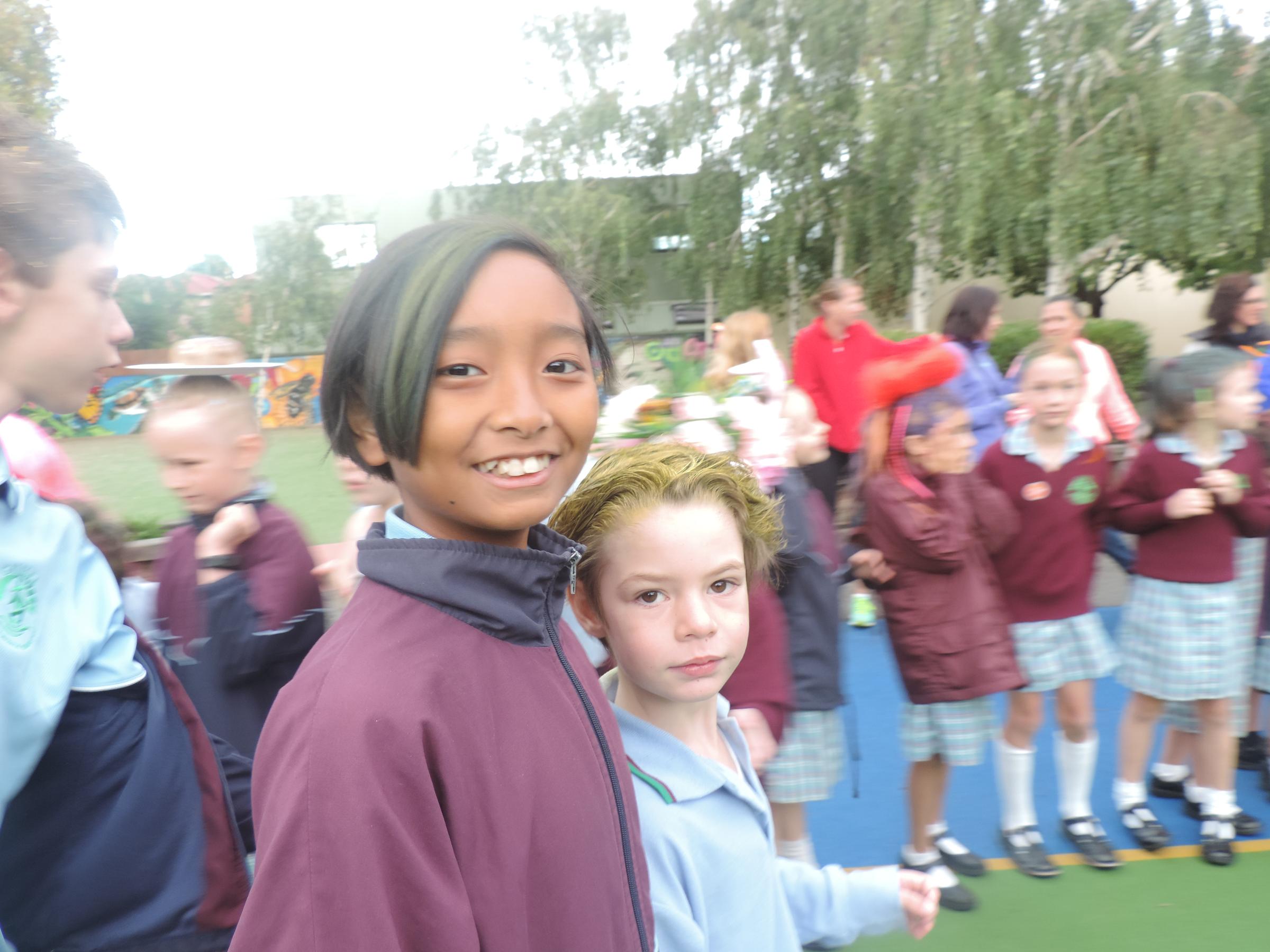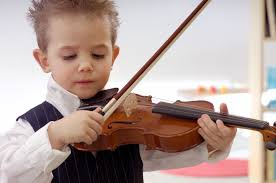Student Wellbeing

sparks or island of competence
by Dr Michael Carr-Gregg
One of the most important developmental tasks for young people growing up in 2017 is for them to form an identity, to figure out the answer to the questions ‘Who am I, am I normal and where am I going?”
At the Family Peace Foundation, we believe that parents can help young people answer these questions from an early age, by providing their offspring with an opportunity to take healthy risks – and – win, lose or draw gradually form an identity. Allow me to share a personal experience of the benefits of this.
When my son was in his first year of high school, he came home to tell me that his music teacher thought he had a great sense of rhythm and suggested that he should have drumming lessons and he needed me to buy him a drum kit. Putting aside my parental fantasy of having a son who played the piano or violin, I dutifully popped down to the local music store and purchased a mid-range drum kit which was installed in his bedroom.
For some years we also paid for drum lessons at school, and to his credit, he practiced assiduously at home (the neighbours were especially pleased) and it all culminated in a school concert performance where he drummed along to the song “Look What You’ve Done” the fourth single by the Australian rock band Jet, from their 2003 album Get Born.
Soon afterwards, he joined a band comprised of two school mates, both nice boys who wrote songs, practiced in our various homes and posted it’s finest work on the then-most popular website MySpace, attracting favourable comments from a solid fan base. My involvement was to pile the drum kit into the back of the Rav4 and played the role of the world’s oldest roadie. The band eventually folded in Year 12, after what can only be described as a ‘Yoko’ incident, about which I will say nothing.
The point of this story is that the band ensured that none of its members were ever bored, they were always doing something that was band-related and together with my son’s love of leg spin bowling, a healthy obsession with cricket – the bottom line was throughout his adolescence – he was always doing something. A seriously important principle of parenting in 2017 is that while young people are doing one thing – they can’t be doing another.
Psychologist Steve Biddulph, argues that if parents can help their sons and daughters find their ‘spark’ – something that they love to do, that gives them a sense of meaning, purpose and belonging – it can help free them from the need for approval that haunts many young people and diminishes their confidence, especially in adolescence. A “spark” can be a natural skill or talent, such as playing a musical instrument or sport, a commitment, such as volunteering or being environmentally conscious.
So, how might we do this? He suggests parents should ask their children ‘what do you really love to do?’ and ‘how can I help you to do that?’ He lists skills or talents, such as drawing or dancing, that should be encouraged because children enjoy finding something they excel in.
Biddulph writes that as children reach early adolescence, parents should try and spend more time with them because it is a key period in helping them find what makes them truly happy. Within this activity, be it art, music, dance, drama or sport your children can have the opportunity to suss out who could be positive long-term friends, discover and form a strong and meaningful relationship with an adult mentor or charismatic adult in the form of a coach or teacher and have the opportunity to take healthy risks that helps with self definition. Parents also benefit because it affords you the chance to meet other parents who have similar parenting values and strategies to your own.
But it gets better. There is also research that suggest that your child having a spark is also associated with increasing their resilience – in essence the capacity of your child to face, overcome, be strengthened and transformed by adversity. Professor Emmy Werner is an American developmental psychologist, best known in the field of child development for her leadership of a forty-year longitudinal study of 698 infants on the Hawaiian island of Kauai — the island’s entire birth cohort for the year 1955.
The study supported the conventional wisdom that many children exposed to a variety of risk factors (for instance, premature birth coupled with an unstable household and a mentally ill mother) go on to experience more problems with delinquency, mental and physical health and family stability than children exposed to fewer such risk factors.
However, among Werner’s most significant findings was that one third of all high-risk children on the island displayed resilience and developed into caring, competent and confident adults despite their problematic development histories. She and her fellow researchers identified a number of protective factors in the lives of these resilient individuals which helped to balance out risk factors at critical periods in their development – one of which was having what she called ‘islands of competence’ also known as a spark.
If you are not sure what your kids spark is, a simple way of knowing is to watch what activities totally absorb them, or if they are older, ask them. Then encourage these activities at any opportunity. You’ll never regret it.
Published on the familypeace.org.au website.
Julianne Price
Student Wellbeing /Student Services Leader
email: jprice@gsmelbournesth.catholic.edu.au




